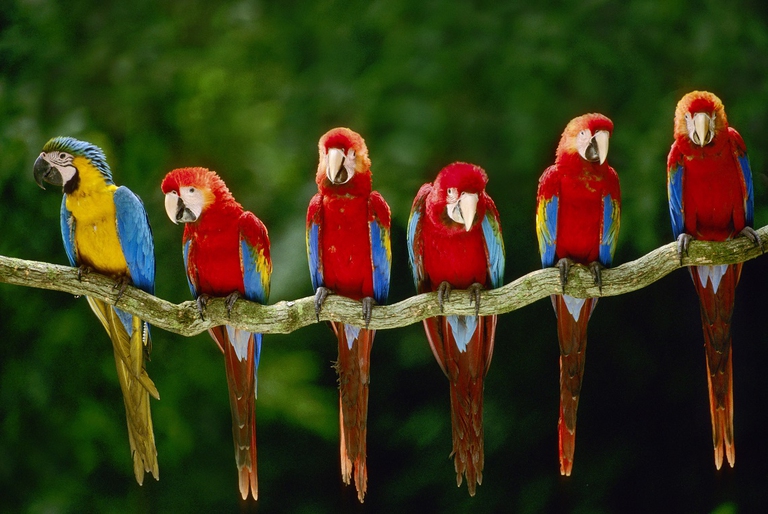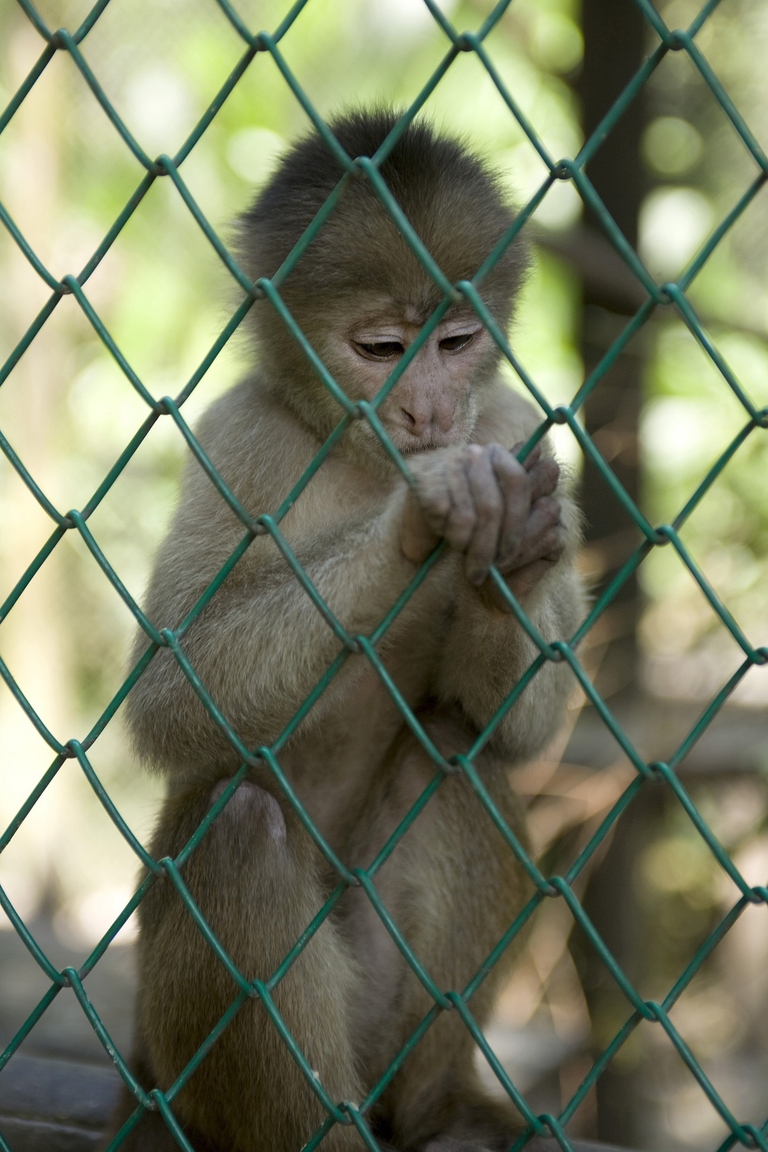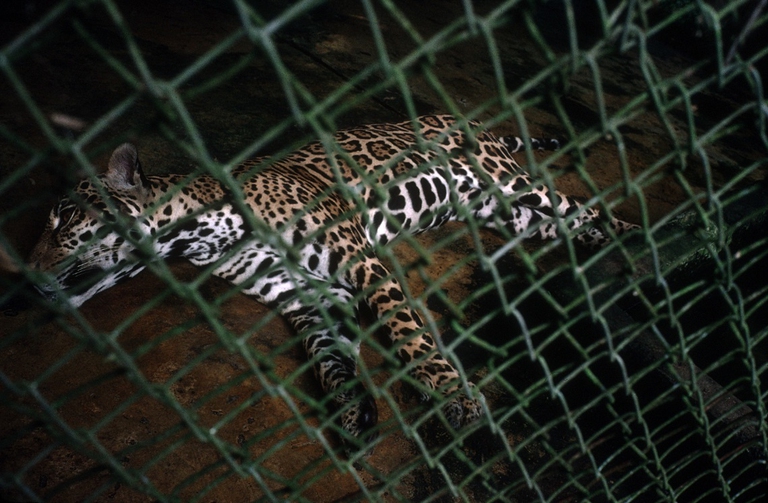
Our species took its first steps in a world covered in trees. Today, forests offer us sustenance, shelter, and clean the air that we breathe.
Dopo oltre 20 anni la polizia ha debellato il mercato Bellavista, uno dei principali centri del commercio di animali protetti del paese.
Peru is one of the top 10 countries home to the greatest variety of biodiversity, with hundreds of native animal and plant species. Until just a month ago, everyone could get their hands on a portion of such inestimable natural bounty by simply going to the infamous Bellavista market, one of Peru’s main illegal wildlife trade hubs.
Thanks to activists and health officials, the market has finally been shut down after operating for twenty years. The Bellavista market rose up in the city of Pucallpa, in the province of Ucayali. Initially, it was a typical local market, but when it was moved to an indoor area, animal vendors, wishing to preserve their autonomy, refused to move indoors and instead gave life to one of the most developed illegal wildlife trade centres in the world.
“Bellavista was just the worst,” says Veterinarian Patricia Mendoza. “It always had this pack of animal sellers concentrated in a section of the market, and everybody knew about it”. Mendoza, together with members of the Wildlife Conservation Society’s Wildlife Health and the Health Policy Program, has repeatedly visited the market since 2007, as part of the USAID-PREDICT project.
During its visits the team conducted animal counts, collected dead animals, as well as samples from live animals for health screenings. In 2013, Mendoza’s team reported 21 animal vendors and 13 suppliers, for a total of some 76 species whose trade is banned under Peruvian law. The Bellavista market used to sell 1,100 animals each week, of which 42 were primates.
Wild and domestic species were regularly housed together, increasing the risk of disease transmission between them and humans. The team of veterinarians detected Newcastle disease, an infectious disease affecting domestic and wild birds, and the bacteria Aeromonas hydrophilia in numerous reptiles, which causes infections of the skin and diarrhoea in humans.
Numerous pathologies were detected in primates at the market, representing a greater threat to human health due to our shared evolutionary history. Considering the vastness of the market and huge number of animals in it, it seems quite impossible that such activity had been going on for twenty years. “The government was extremely reluctant to do something,” comment Mendoza. “Corruption in the forestry service was much stronger”.
The market, located on municipal land, has been literally demolished. But “officials visited the market at midnight, they told everyone beforehand, so all the vendors knew about it and no arrests were made,” said Noga Shanee, biologist, activist and co-founder of the NGO Neotropical Primate Conservation.
Siamo anche su WhatsApp. Segui il canale ufficiale LifeGate per restare aggiornata, aggiornato sulle ultime notizie e sulle nostre attività.
![]()
Quest'opera è distribuita con Licenza Creative Commons Attribuzione - Non commerciale - Non opere derivate 4.0 Internazionale.
Our species took its first steps in a world covered in trees. Today, forests offer us sustenance, shelter, and clean the air that we breathe.
Poachers in Africa are encroaching on wildlife land and killing rhinos in travel hot spots now devoid of visitors due to the coronavirus pandemic.
Actor and environmental activist Leonardo DiCaprio has contributed two million dollars to a fund to protect Virunga National Park in Congo from threats such as terrorism, the coronavirus and poaching.
For the first time in seventeen years, Iceland’s two main whaling companies won’t resume whale hunting. The announcement concerns this year’s season but could carry into the future.
The relationship between the coronavirus and wildlife is complex: while the pandemic may lead to a reduction in the illegal trade in wild animals, it may also encourage it in other respects.
The largest coral reef in the world is severely threatened by climate change, but researchers are developing strategies that could contribute to saving the Great Barrier Reef.
NGO Free the Bears has opened a mountain sanctuary for moon bears in Laos. With the government’s help, it aims to close all bile farms by 2022.
Seychelles have extended its marine protected area, which now covers over 400,000 square kilometres, an area larger than Germany.
The tapir was reintroduced into Brazil’s Atlantic Forest, the country’s most at-risk ecosystem. The species can play a key role in the forest’s recovery.










